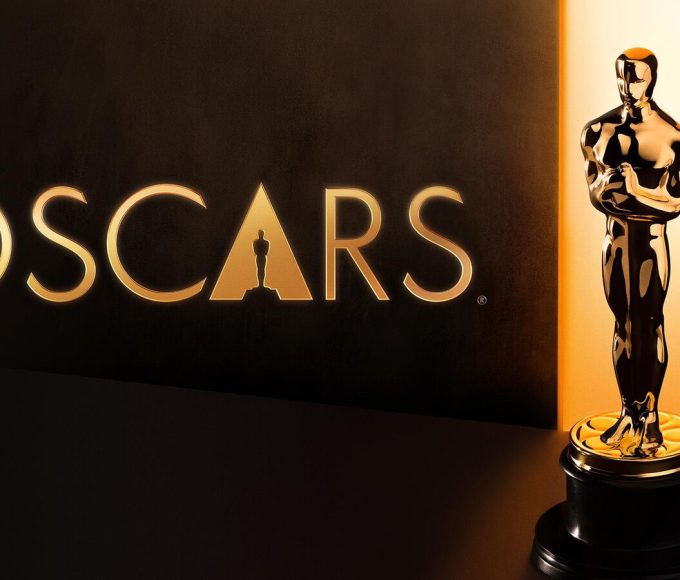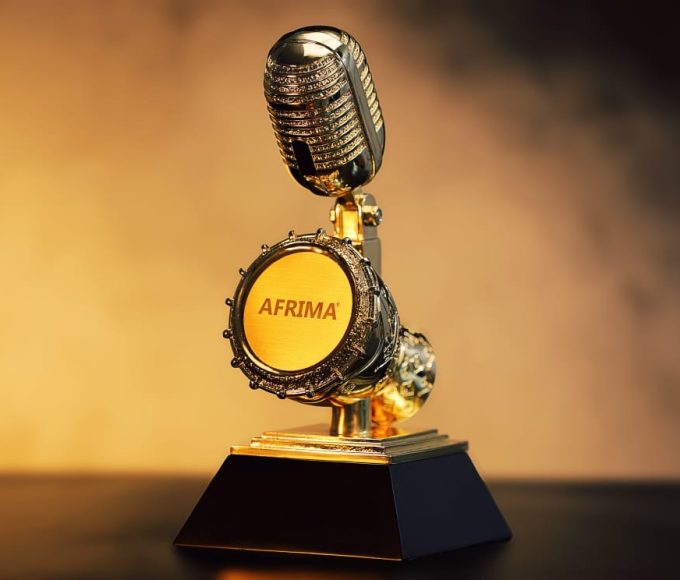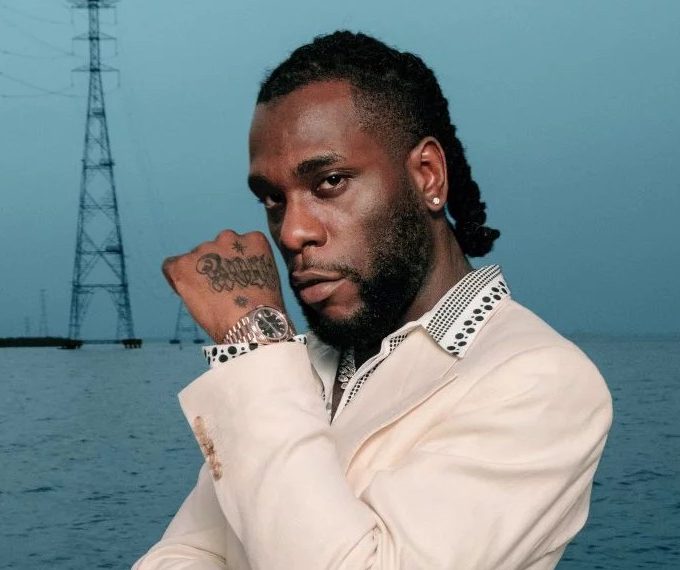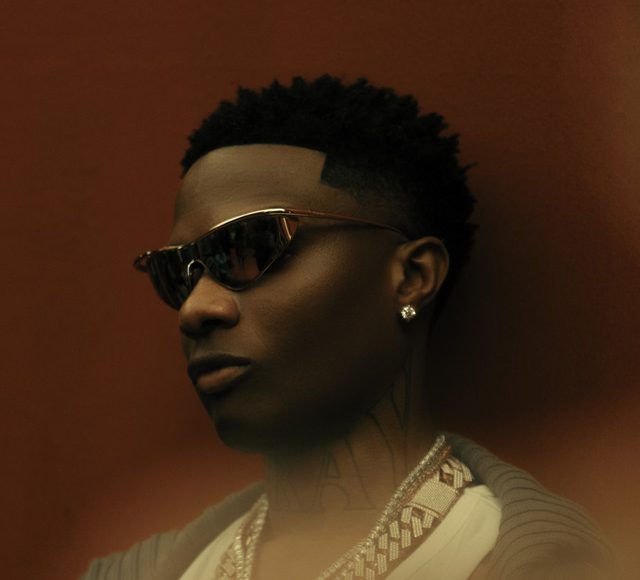
Bole Festival and the West African Festivals Circuit Connection
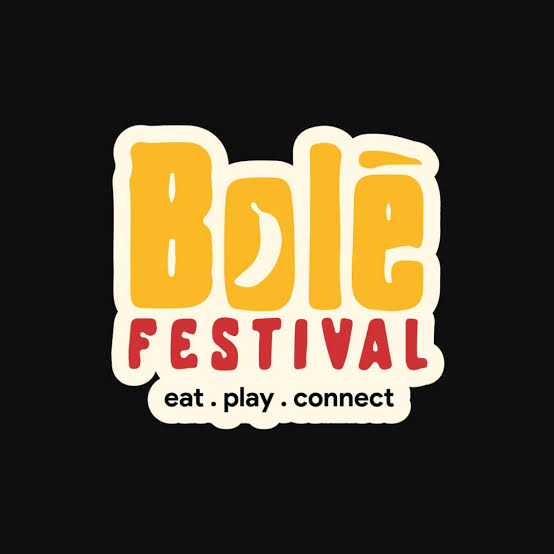
On August 7th, 2022, I attended the Bole Festival for the first time at Port Harcourt’s Yakubu Gowon Stadium. Stepping out of the car, you feel the excitement in the air, even as the rain starts pouring. Festival-goers dash to get their tickets checked, eager to enter the grounds despite the weather. It’s 2 p.m., and the rain comes down heavily. Still, the energy is palpable. The wet ground does nothing to dampen the spirits; instead, it adds to the unique chaos of the day. Voices break into song: “Rain, rain, go away, come another day; Port Harcourt people want to have fun!” That day, the Bole Festival became more than just an event; it was an experience where food, music, and culture merged in a celebration of West African Spirit.
THE BOLE FESTIVAL 2024
Fast forward to 2024, and the Bole Festival has grown significantly, establishing itself as a cornerstone of West African festival circuit. This year’s edition, themed “Rhythm and Vibration,” attracted more than 35,000 attendees from across the region, transforming Port Harcourt into a melting pot of cultures, music, and, of course, delicious food. Since its inception in 2016 with a humble turnout of 300 attendees, the festival has skyrocketed in popularity, positioning itself as one of Nigeria’s most significant cultural gatherings. The festival’s name, “Bole,” comes from the locally roasted plantain dish, but its meaning has grown to signify community, culture, and connection.
The organisers, known as the Bole Festival Team, have continually adapted and expanded the event. “Since its inception in 2016 with barely 300 attendees, Bole Festival has grown every year, and in 2024, we had about 35,000 attendees on both days,” a representative told West Africa Weekly. “A lot of these attendees come from different parts of the country and even from neighbouring countries, just to experience the festival.” The festival has evolved, not just in scale but in depth, by incorporating varied cultural elements and diverse activities that showcase West Africa’s rich heritage.
This year, the festival featured a blend of local Port Harcourt acts such as Maverick, Nexxa, and Maja, as well as top Nigerian artists like Wizard Chan, Crayon, Qing Madi, Kaestyle, and Nasboi. These performances, combined with carefully curated sponsor interactions with brands like Bolt, British Council, Arik Air, Jack Daniel’s, Sterling Bank, Maltina, Budweiser, and MTN, created an immersive experience that went beyond just entertainment. “This year, our festival street, Bole Village, and sponsor interactions were crafted to portray that Bole Festival is about people and experiences,” the Bole Team told West Africa Weekly.
Despite its growth, the festival hasn’t been without challenges. The event was even rescheduled this year due to the #EndBadGovernance protest in Nigeria, moving from early August to August 31st and September 1st. But the team views these challenges as opportunities for growth. “We have been able to take feedback every year and do better in subsequent editions. Right now, we’re looking at getting a new venue because we project exponential growth in the upcoming seasons of Bole Festival,” said the Bole Team. This forward-thinking approach has been crucial to the festival’s success, ensuring it remains a must-attend event on the West African cultural calendar.
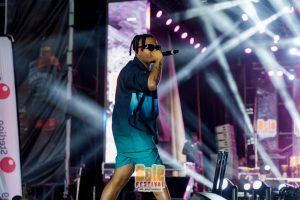
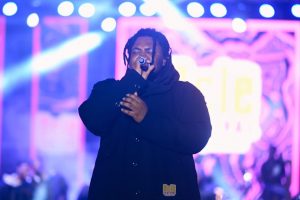
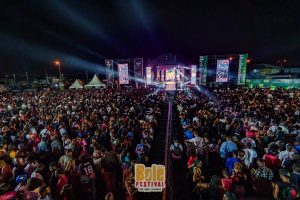
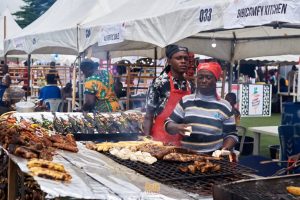
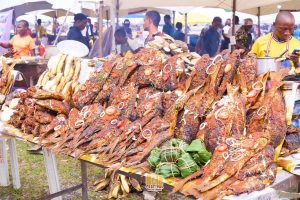
The Bole Festival is part of a broader mix of lively festivals across West Africa. For instance, Ghana’s Chale Wote Street Art Festival in Accra has become a hub for street art, music, and performance, drawing creatives from across Africa and beyond. Similarly, the FESPACO Film Festival in Burkina Faso is a beacon for African cinema, highlighting the continent’s rich storytelling tradition. In Nigeria, there’s also the famous Calabar Carnival, which is often dubbed “Africa’s Biggest Street Party,” known for its dazzling parades and cultural shows. Each festival, with its unique focus, be it art, film, food, or music serves as a vital platform for cultural expression and community building.
West African festivals, like Bole, have become essential in preserving cultural heritage and providing spaces where people can come together, celebrate, and connect. An Afrocritik article explains how these gatherings play a crucial role in promoting not just local cultures but a shared West African identity. The Bole Festival’s focus on inclusivity and variety reflects this broader trend, with attendees and organisers emphasising its community spirit and its ability to bring together people from diverse backgrounds.
The Bole Festival organisers pride themselves on crafting an experience that is as much about people as it is about the activities. “We doubled down on creating spaces like Bole Village and the festival street, where people could genuinely interact, share stories, and just vibe,” a team member told West Africa Weekly. This approach seems to be working, as reflected in the growing attendance and positive feedback. “We can tell from feedback received that our BFFs (Bole Festival Friends) really had a great time this year. We can’t wait to give them even better next year,” they added.
Feedback has been a significant factor in shaping the festival’s trajectory. “Every year, we take feedback seriously,” the Bole team shared with West Africa Weekly. “It helps us understand what worked and what didn’t, and it guides us in making the next edition even more memorable.” As they look to future editions, the focus remains on creating more unique experiences that cater to both new and returning attendees.
For returning attendee Andrew, the Bole Festival is a social experience. “My motivation to attend was to meet new people and enjoy the show,” he told West Africa Weekly, adding that last year’s edition set high expectations that weren’t entirely met this time because the artists weren’t announced beforehand. First-time attendee Gift came with no specific expectations other than to have a good time. “I thought it was going to be vibes on vibes, and it was just that,” she said.
Onyedikachi, also attending for the first time, found the sense of community a highlight. “The interactions are the culture of the festival, and it was so cool,” he shared. His experience shows the festival’s mix of fun and cultural exchange. Esosa, another newcomer, had heard a lot about the festival and had moderate expectations. “I wanted more energy overall,” he said, suggesting there’s always room for growth to keep the festival fresh and exciting.
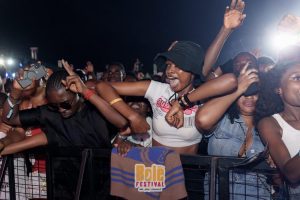
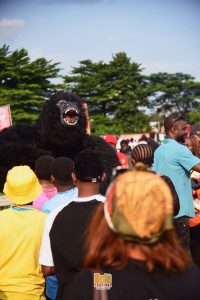
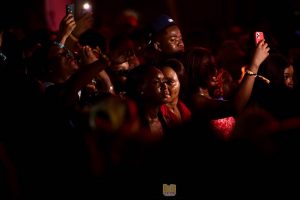
The Bole Festival’s evolution shows how a local event can grow into a major cultural phenomenon, connecting people not just within Nigeria but across West Africa. It is no longer just about food; it’s about the broader West African experience, celebrating diversity, and creating a sense of belonging. The festival’s unique ability to merge traditional culture with contemporary experiences ensures it remains relevant and impactful.
As the organisers continue to innovate and expand, the Bole Festival will likely only get bigger and better, drawing even more people to Port Harcourt to experience the best of what West Africa has to offer. The team’s vision for future editions potentially in new venues to accommodate its growing crowd reflects this ambition.
For those who have yet to attend, the Bole Festival is more than an event; it’s a movement that embodies the rhythm and vibration of West African culture. And as it continues to grow, it promises to keep bringing people together, one plate of bole at a time.
Read: Côte d’Ivoire Signs Partnership With South Korea for Rice Self-Sufficiency
About The Author
Related Articles
Sinners Breaks Records as Oscar Nominations Set Stage for Fierce 2026 Awards Race
The Academy of Motion Picture Arts and Sciences has announced the full...
ByWest Africa WeeklyJanuary 23, 2026Burna Boy, Rema Lead Nigerian Sweep at Afrima 2026
Nigerian artists dominated the 9th All Africa Music Awards (Afrima), which wrapped...
ByWest Africa WeeklyJanuary 15, 2026Burna Boy, Davido, DJ Maphorisa Lead AFRIMA 2026 Race
Africa’s biggest music awards ceremony is shaping up for an intense contest...
ByWest Africa WeeklyJanuary 10, 2026Wizkid, Seyi Vibez, and Asake Dominate Spotify’s 2025 Wrapped in Nigeria
Spotify has released its 2025 Wrapped data, and the results show another...
ByWest Africa WeeklyDecember 4, 2025








